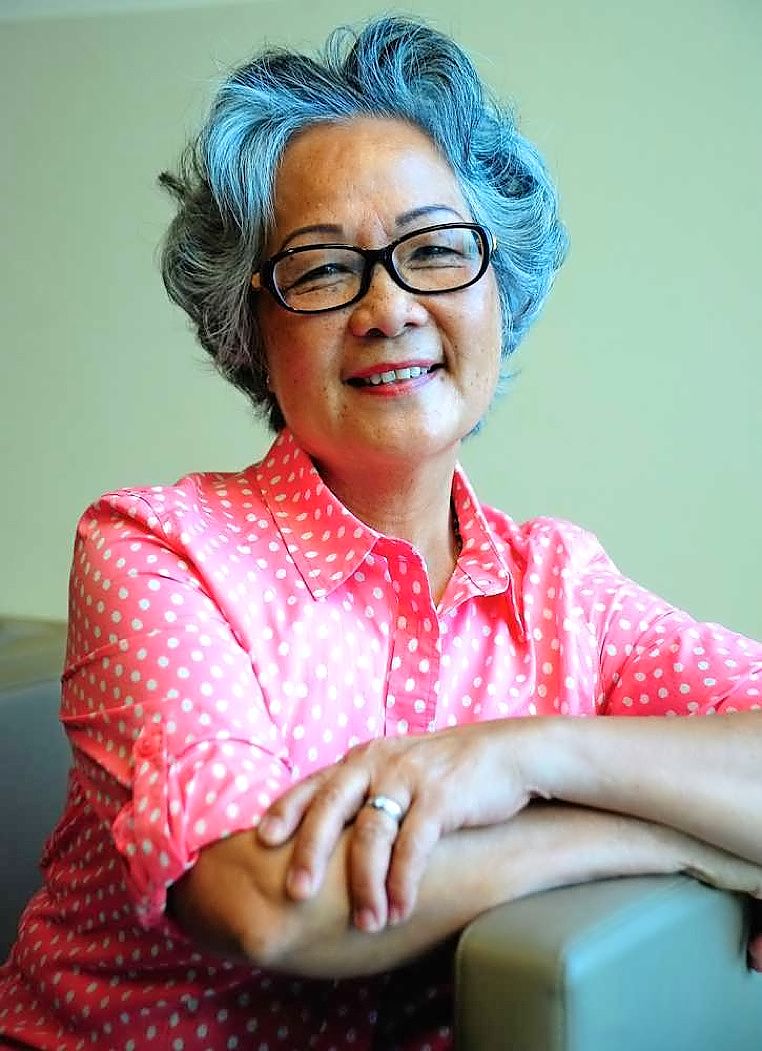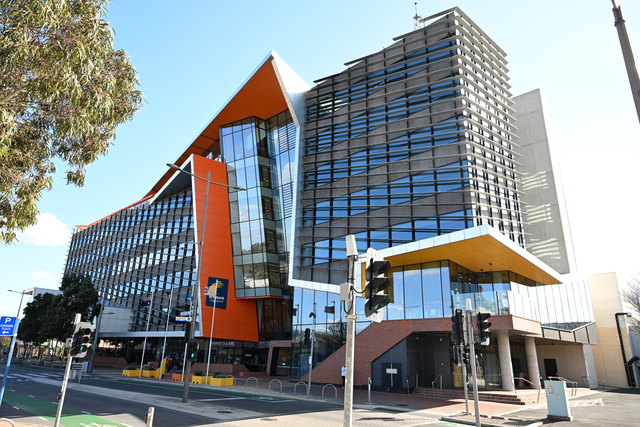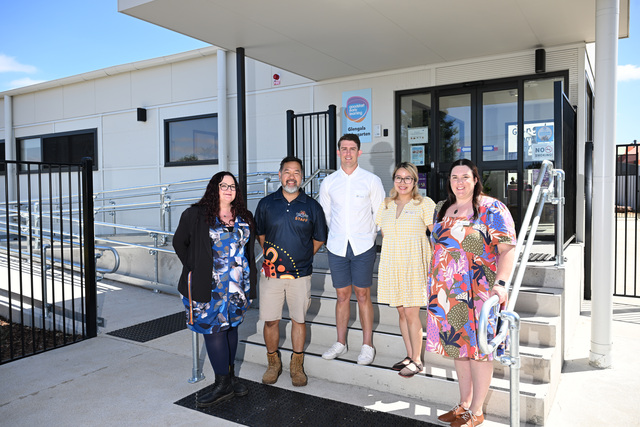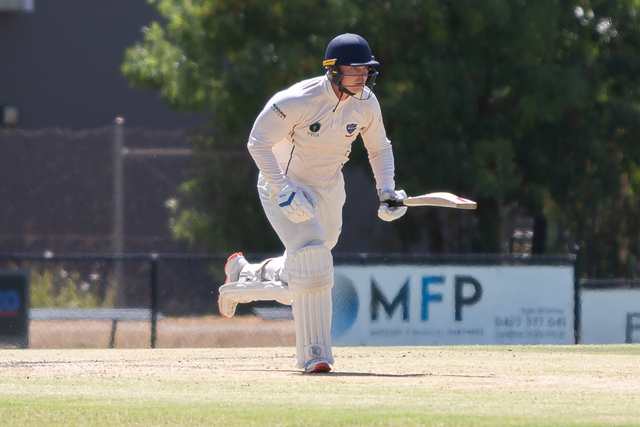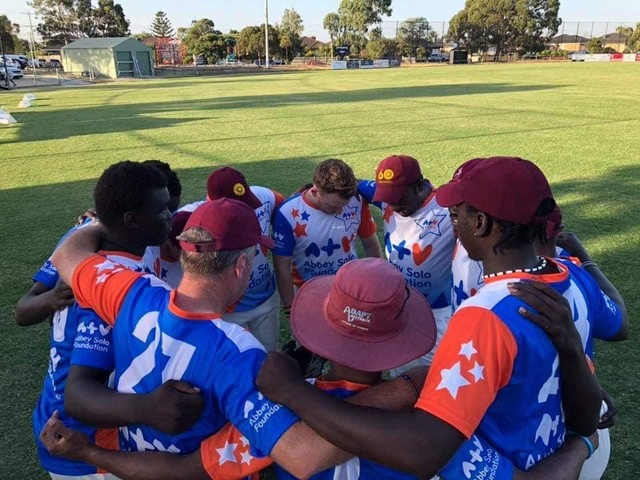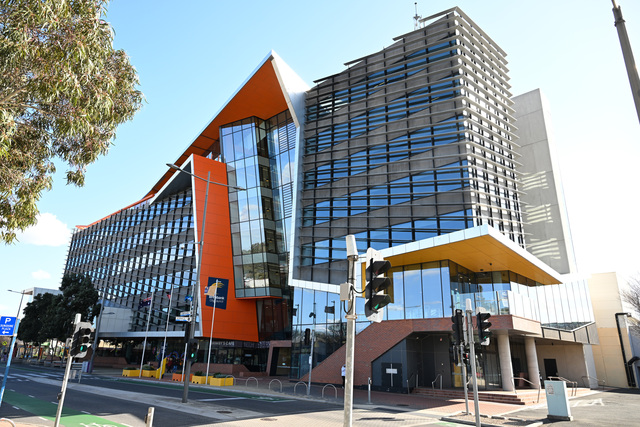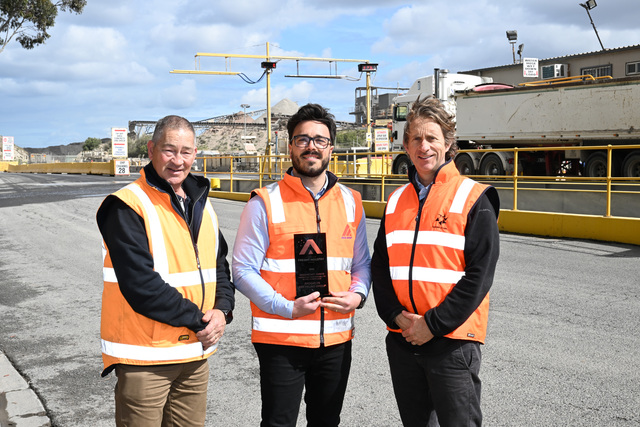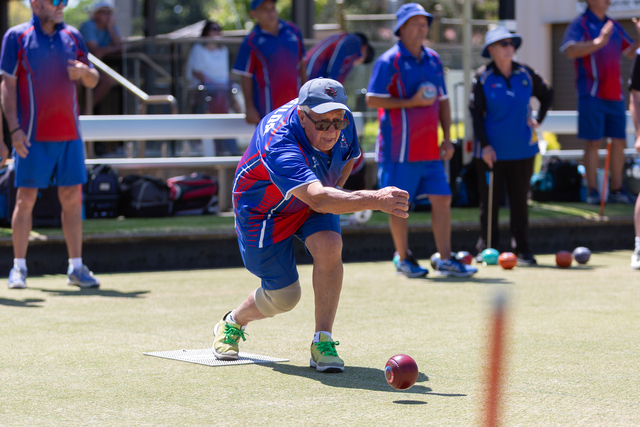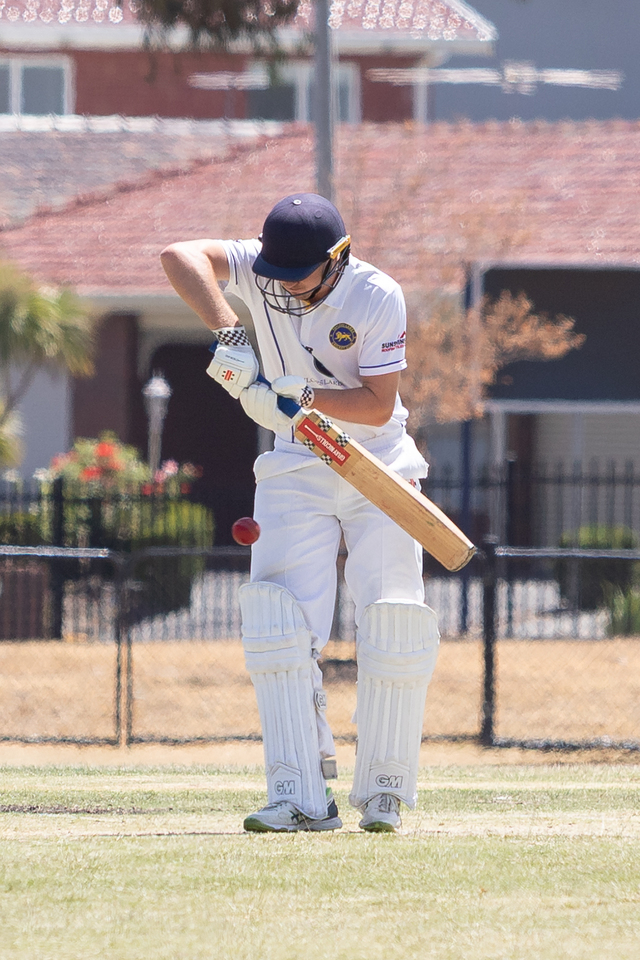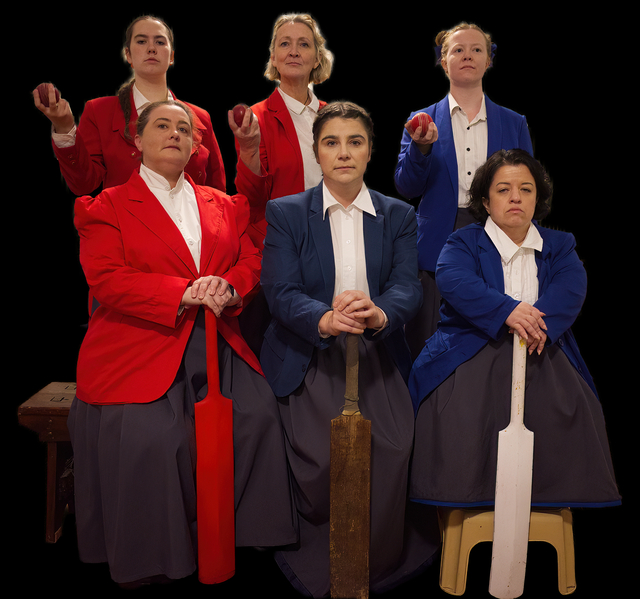Sunshine Hospital will almost quadruple the number of cancer patients in clinical trials in the next three years.
A significant grant from Cancer Council Victoria, announced last Wednesday, will allow Western Health’s oncology department to ramp up the number of patients accessing clinical trials from 120 to about 420 by 2020.
The hospital is one of three to share in a $2.5 million grant designed to broaden access to trials, particularly for people with migrant backgrounds.
Cancer Council Victoria chief executive Todd Harper said the grant gave the organisation an opportunity to share advances in cancer treatment with patients of culturally and linguistically diverse backgrounds.
“The tyranny of distance makes it hard for people to be involved in a trial,” he said. “We want to expand trials into the western region and broaden access to different cultural groups.”

Mr Harper said clinical trials were a valid treatment option.
“In fact, standard treatments that extend and improve the lives of countless patients today are the result of clinical trials of the past,” he said.
Fifteen cancer treatment providers applied for the grant, but just Western Health, the Border Medical Oncology Research Unit and Peter MacCallum Cancer Centre were successful.
Western Health chief executive Alex Cockram said there was a great need for improved access to clinical trials in Melbourne’s west.
“This very generous grant from the Cancer Council Victoria is good news for our cancer patients, and also Western Health’s first-rate oncology clinicians,” Associate Professor Cockram said.
“Cancer incidence in the western region of Melbourne is the highest of any Melbourne metropolitan area.”
Western Health cancer services director Michael Green said about half of all children diagnosed with cancer became part of clinical trials.
“This has led to a great improvement in children’s survival rates because children have been able to access promising treatments, and the evidence for their effectiveness has been obtained quickly,” Professor Green said.
But only about six per cent of adult cancer patients participated in cancer clinical trials, and the rate was much lower among minority groups, he said.
Kim Nyugen is among the 120 patients involved in clinical trials at the hospital. The 65-year-old grandmother said the treatment, which started two years ago and involves a single injection once a month to control her breast cancer, has given her her life back.
“I now live a very normal life,” she said.
She is hoping others can experience the same benefits.

